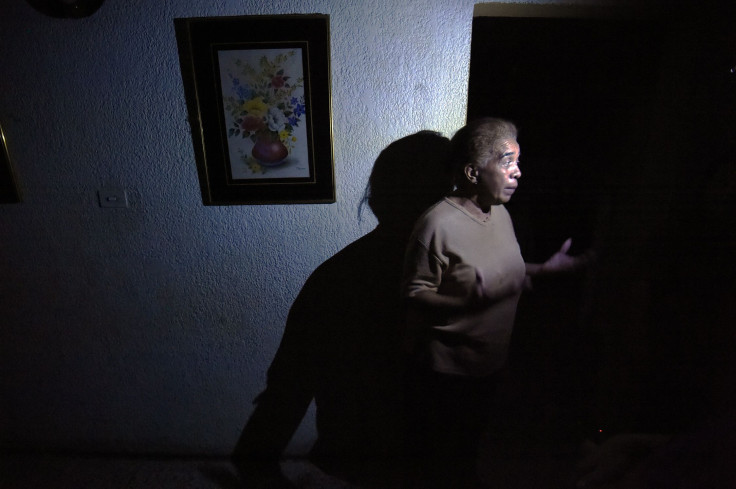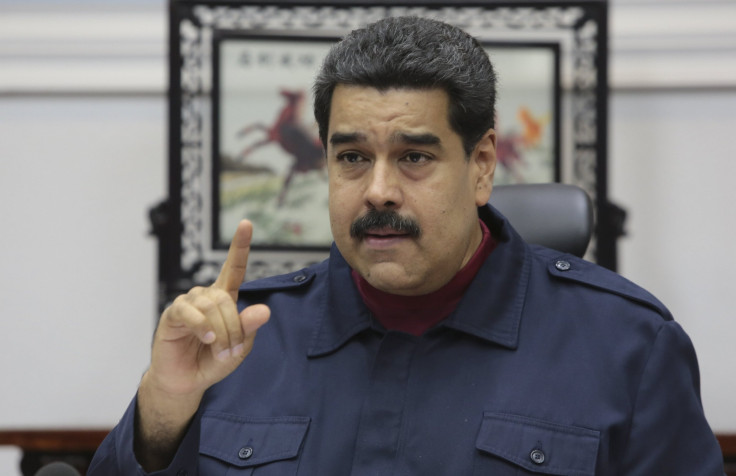Amid Continuing Low Oil Prices And Economic Recession, Venezuela Changes Clocks To Conserve Electricity

In a cost-cutting move, Venezuelans turned their clocks forward a half hour Sunday at 2:30 a.m. per the order of President Nicolás Maduro. The decision was just the latest attempt to save money in the recession-stricken South American economy by rationing power.
Maduro said, "It'll be simple to move the clock forward a half-hour — this will allow us to enjoy more daylight, and it won't get dark so early," Agence-France Presse reported.
Several factors have contributed to food shortages, soaring inflation and political unrest in Venezuela. The International Monetary Fund predicted that inflation would reach 720 percent at some point this year. The country’s economy and government are largely dependent on its vast oil reserves, and continuing low prices have pushed national revenues down. The dip in prices was triggered by a worldwide oil glut, where high production has been met with reduced demand, particularly in developing economies, pushing the price per barrel to 12-year lows earlier this year.

The Venezuelan president also blames the weather phenomenon known as El Niño, which has led to a devastating drought to the country, for the shortages in food. Critics of Maduro say he has not done enough to crack down on widespread corruption or to help the poor.
"Simply put, a natural disaster is making a man-made disaster much worse," Donald Kingsbury, a professor of political science and Latin American studies at the University of Toronto, told CBC news Saturday.
Venezuelan authorities have looked to assuage the effects of the crisis in a series of measures instituted last week, including four-hour daily blackouts, reducing the workweek for government officials to two days and closing schools on Fridays. The measures have been met with criticism, however, and in the Venezula's second-largest city, Maracaibo, the power cuts resulted in looting and rioting.
© Copyright IBTimes 2024. All rights reserved.






















